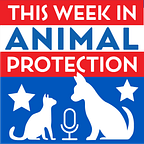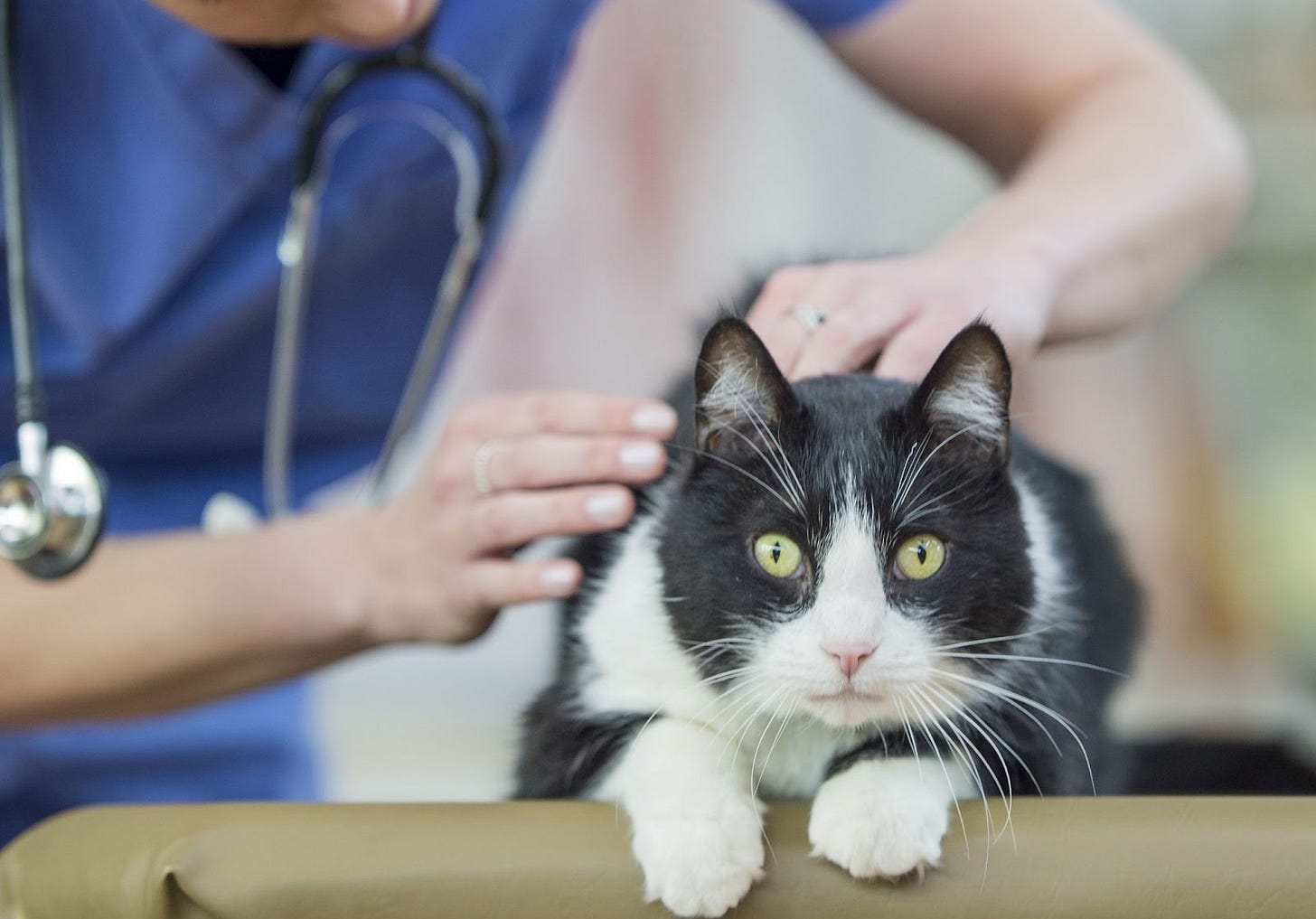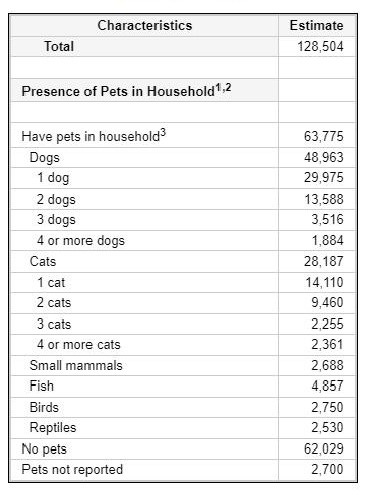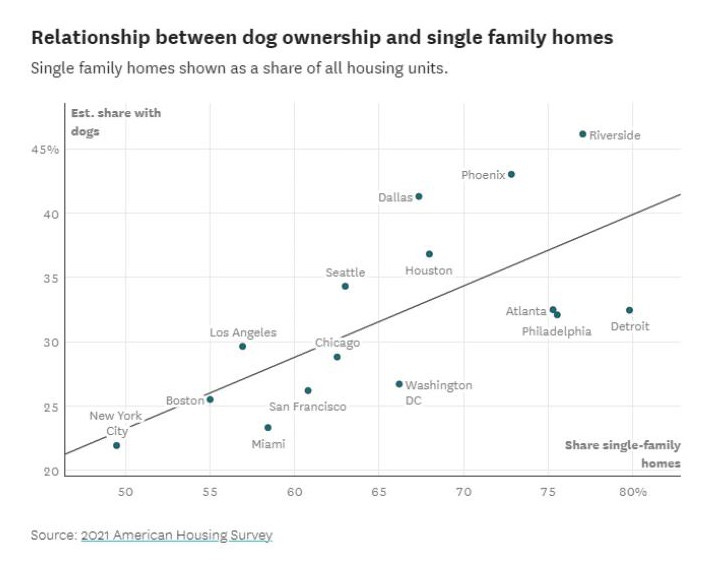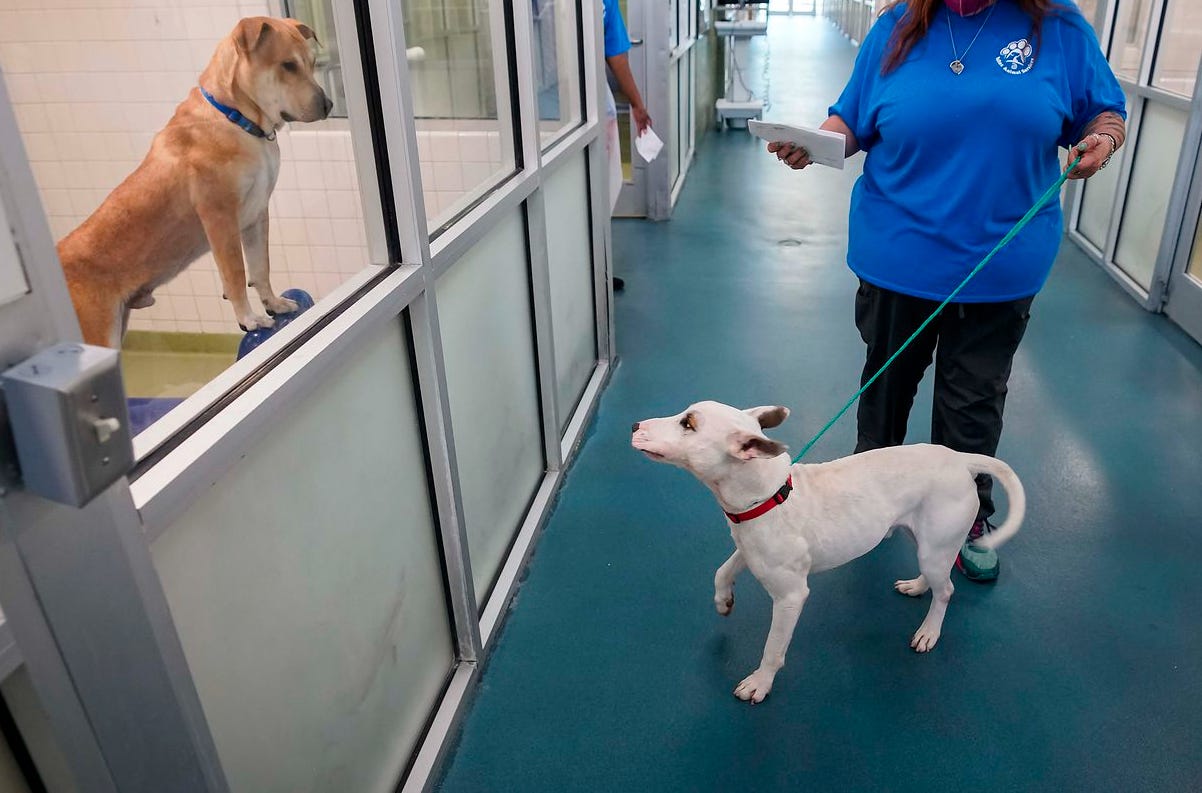
These are some of the stories making headlines in animal protection:
Subscribers can also listen to the podcast above, which includes extended commentary on many of the issues.
There is also a 15-minute sample of the podcast for those who have not yet subscribed. Sample podcasts are also available on Apple, Spotify, and Google Play.
Australian doctors and scholars are calling on the government to cover some veterinary medicine expenses through its Medicare system. “Unlike in human medicine, where Australians have access to highly subsidized care through Medicare, costs of veterinary interventions are largely borne by animal owners,” and therefore sometimes go untreated.
The authors limited their recommendation to zoonotic diseases (diseases that can be transmitted from animals to humans), noting that Medicare should cover the costs “when ruling out a zoonotic disease or performing culture and sensitivity tests to inform antibiotic prescription in an animal patient… due to the implications for human health.”
It’s a start. But it does not go far enough. As philosopher David Pearce writes,
Over the last century, a welfare state for humans was introduced in Western European societies so that the most vulnerable members of our own species wouldn’t suffer avoidable hardship. The problem is not just that existing welfare provision is inadequate: it’s also arbitrarily species-specific. In common with the plight of vulnerable humans before its introduction, the welfare of vulnerable non-human animals depends mostly on private charity. No universal guarantees of non-human well-being exist.
They should, not only because universal veterinary care will improve human health but because the animals deserve it, and it is within our power to provide. Moreover, "The majority of American dog owners today cannot afford emergency vet care,” and even routine or non-emergency veterinary costs are difficult for people.
For the first time, the U.S. Census’ biennial American Housing Survey looked at how many households have pets. The answer: more than half of all households had at least one pet, and many had two or more.
Of 129,500,000 households in the U.S., 63,775,000 had animals, and 62,029,000 did not. The others were unknown. The dog was the most popular pet in America, and the cat was a distant second. Specifically, 48,963,000 had at least one dog, and 28,187,000 households had at least one cat.
Since many households rent and some of those do not allow pets, I would not be surprised if some were not honest with surveyors. As such, the numbers may reflect an undercounting of the actual number of households with pets.
Of note, cities with the largest number of single-family homes reported the largest number of dogs. Consequently, cities like New York, with a high apartment rate, reported fewer dogs. Cats were not affected by housing type, but they were affected by housing discrimination.
Eliminating housing discrimination for people whose families include a dog, cat, or another animal companion would decrease shelter intakes by about 20% and allow an additional 8.75 million animals to find new homes, roughly eight years worth of killing in U.S. pounds. Currently, one in four renters lost their homes because of a restriction on pet housing.
The No Kill Advocacy Center has long called for a ban on housing discrimination by extending existing federal law prohibiting housing discrimination for families with children. It also has written model legislation to do so, a guide to get it introduced, and NKAC attorneys stand ready to help.
A new study has found that over 100 species of animals we thought were silent talk to one another, including over 50 species of turtles. The turtles “had a varying range of acoustic capabilities, from chirps and clicks to more advanced, complex sounds of different tones.” Study authors said they would not be surprised to eventually discover that they all talk. The problem wasn’t that they weren’t talking; the problem was that we were ignoring them.

